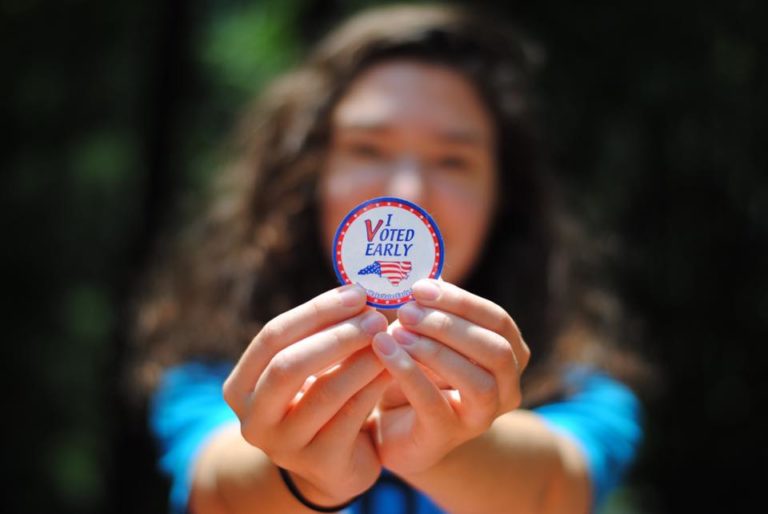
RALEIGH, N.C. (May 29, 2019) — Lawmakers passed House Bill 646 on Tuesday, extending campus compliance deadlines for student IDs under the new strict photo requirement to November 1, 2019, while also adding back flexibility for county boards of elections to create Early Voting plans in municipal election years.
Democracy North Carolina Executive Director Tomas Lopez said H646 provides “important changes,” but encouraged lawmakers to go further to help counties serve voters.
“Lawmakers’ near-unanimous passage of H646 provides important changes to student ID compliance requirements that could prevent rampant disenfranchisement of young voters under North Carolina’s already-challenging strict photo ID law,” said Lopez. “H646 also restores flexible Early Voting options in odd years only, an important acknowledgement that a 2018 law’s requirement for uniform weekday voting hours was a mistake for under-resourced counties struggling to keep up with current election demands.”
Lopez added, “In order to prevent chaos for counties and ensure options for voters in 2020, lawmakers should now go a step further and extend this lesson to all election cycles by restoring the final Saturday of Early Voting, and giving county Boards of Elections maximum flexibility to determine Early Voting schedules in even years, as well.”